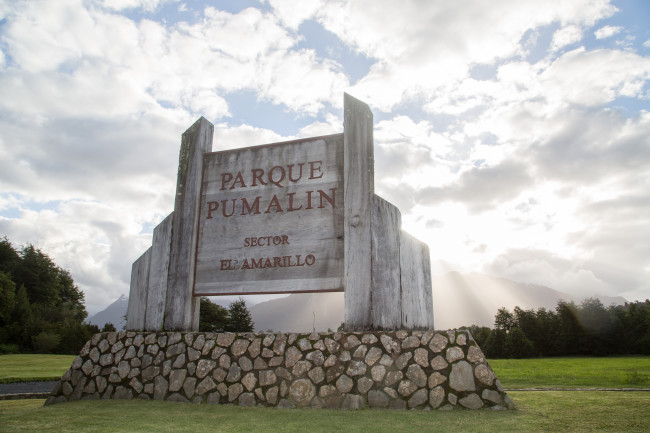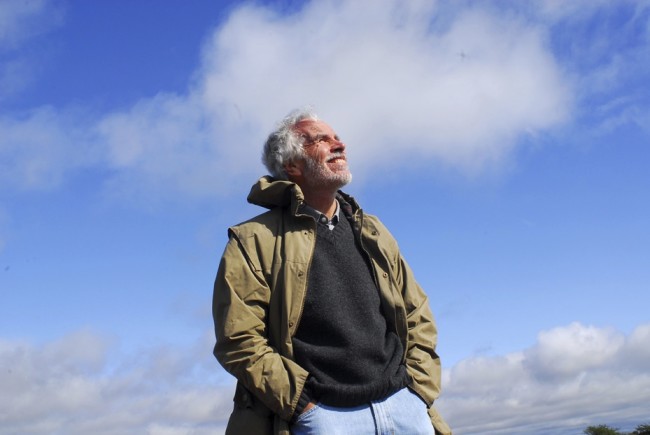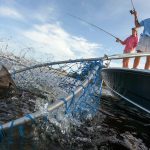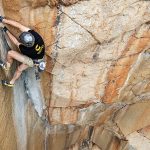At the La Moneda Palace in Santiago, Chile, Chilean president Michelle Bachelet and Kristine McDivitt Tompkins, president of Tompkins Conservation, signed the decree to create “Pumalín National Park – Douglas R. Tompkins.”
Tompkins and Susie Tompkins Buell, his first wife, co-founded and ran The North Face and Esprit.
This marks the final act in creating the network of parks of Chilean Patagonia, which establishes over 10 million acres of new national parklands and includes what has been billed as the largest donation of land from a private entity to a country in history. With today’s signing and naming ceremony, the government of Chile recognizes Douglas Tompkins’ legacy by giving his first and most iconic conservation philanthropy project his name.
Kristine McDivitt Tompkins stated, “On behalf of our family and the Tompkins Conservation teams in Chile, Argentina and the United States, I feel honored that Doug’s vision to create national parks is recognized in a permanent way, by putting his name on his beloved Pumalín Park.”
Douglas Tompkins began the creation of Pumalín in 1992 by buying large tracts of land to protect the region’s pristine temperate rainforests. Today Pumalín encompasses 994,000 acres—larger than Yosemite National Park—including almost 725,000 acres donated by Tompkins Conservation. The park stretches from the heart of the Andes Mountains to the fjords of the Pacific Coast and harbors the endangered Alerce (Fitzroya cupressoides), some of the oldest living trees on the planet. Located on the scenic Carretera Austral, Pumalín welcomes visitors from Chile and around the world to experience its natural wonders via the extensive network of trails, campgrounds, cabins and other facilities.
It is remarkable that Doug’s legacy and dedication to conservation is being honored today at the highest level of the Chilean government, as his efforts and intentions were met with opposition and controversy initially. The tradition of environmental philanthropy was not customary, and as a result, locals were skeptical when they learned of foreigners acquiring vast areas of land for conservation. Over the years, though, as the Tompkinses demonstrated their intentions and communities began to benefit, skepticism subsided. Today, Pumalín and Tompkins Conservation’s other projects, like Patagonia Park and Iberá Park in Argentina, are not only widely recognized and visited by tourists from all over the world, but as a consequence of conservation, they are becoming sources of economic vitality for their surrounding areas.
Kristine McDivitt Tompkins added, “We never imagined that this conservation partnership, between the government of Chile and Tompkins Conservation, would generate the overwhelmingly positive reaction at a national and international level that it has. However, now is when the real work begins. We have to embrace these national parks as our own. We have to care for them, defend them from harm … to imagine a future in which human communities thrive and the non-human world flourishes and evolves according to its natural course. This depends on each one of us.”















